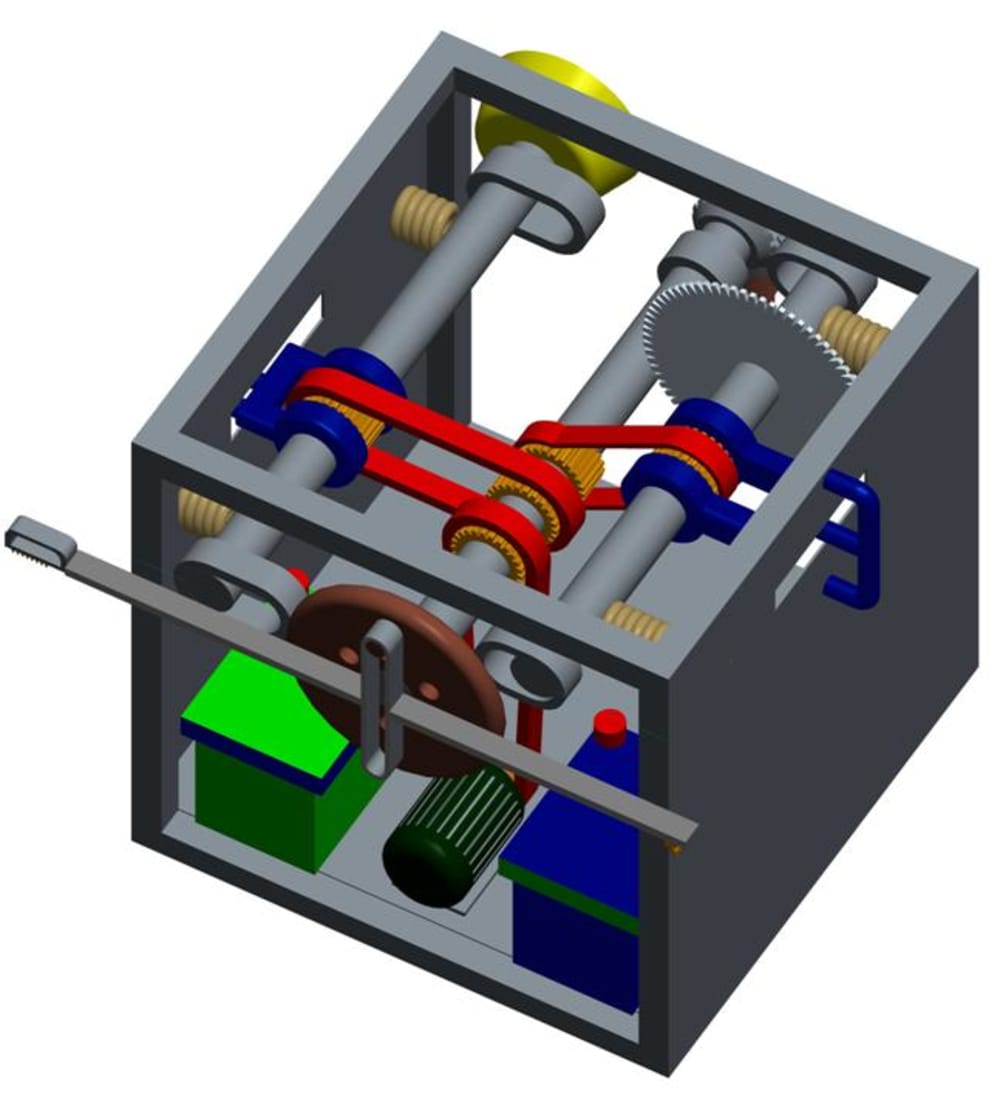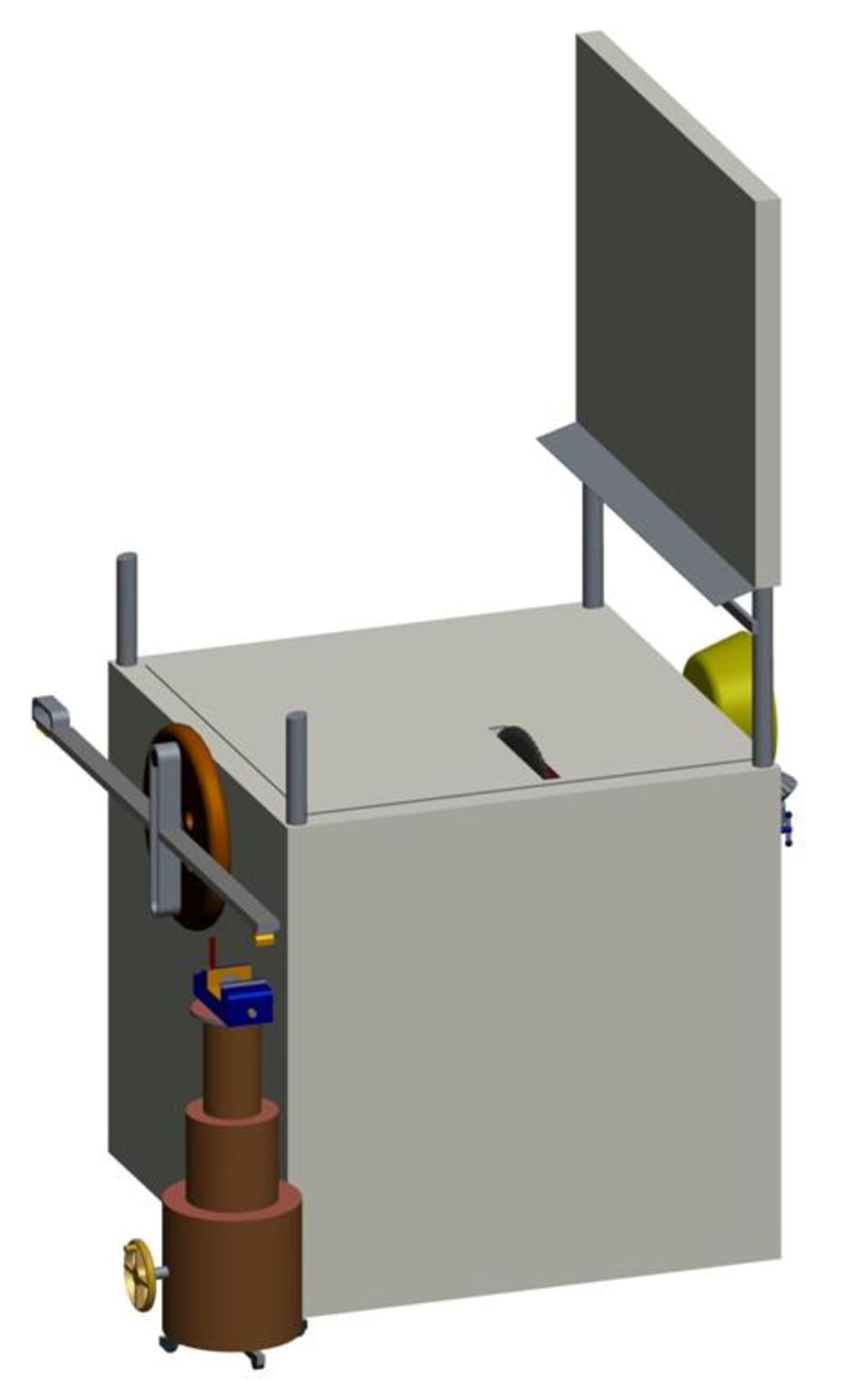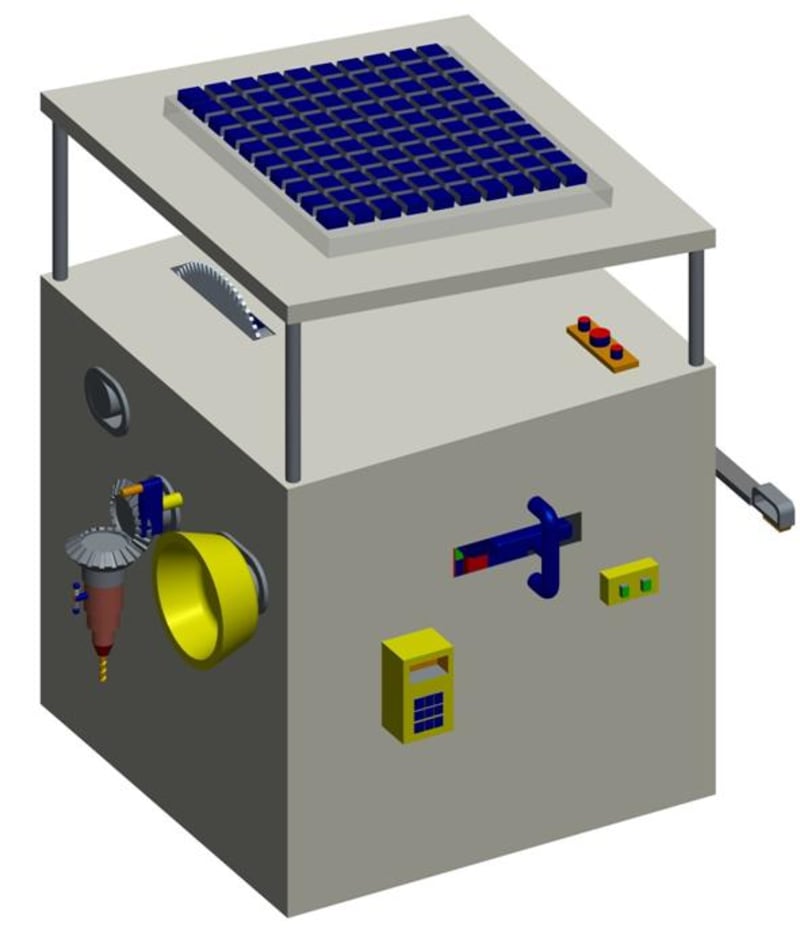The issue of theft is very paramount in any organization, especially such organization as a Fuel Stations. Therefore we intend to aid in theft of petrol/diesel of Fuel Stations by bringing an idea for our project. The main objective of this project is to monitor the volume of fuel flow inside the fuel tank of the vehicle and indication of fuel in litres on dashboard. This helps to know how much amount of fuel has been poured into the tank, so that we can cross check amount we asked to pour and the amount they poured. And thus it helps to minimize the thefts and unethical activities followed in some of petrol bunks.
The turbine flow meter translates the mechanical action of the turbine rotating in the liquid flow around an axis into a user-readable rate of flow (gpm, lpm, etc.). The turbine tends to have all the flow traveling around it. The turbine wheel is set in the path of a fluid stream. The flowing fluid impinges on the turbine blades, imparting a force to the blade surface and setting the rotor in motion. When a steady rotation speed has been reached, the speed is proportional to fluid velocity. Turbine flow meters are used for the measurement of natural gas and liquid flow. Turbine meters are less accurate than displacement and jet meters at low flow rates, but the measuring element does not occupy or severely restrict the entire path of flow. The flow direction is generally straight through the meter, allowing for higher flow rates and less pressure loss than displacement-type meters. They are the meter of choice for large commercial users, fire protection, and as master meters for the water distribution system. Strainers are generally required to be installed in front of the meter to protect the measuring element from gravel or other debris that could enter the water distribution system.
Turbine meters are generally available for 4 to 30 cm (1 1⁄2–12 in) or higher pipe sizes. Turbine meter bodies are commonly made of bronze, cast Iron, or ductile iron. Internal turbine elements can be plastic or non-corrosive metal alloys. They are accurate in normal working conditions but are greatly affected by the flow profile and fluid conditions. The Load Cell Amplifier is a small breakout board for the HX711 IC that allows you to easily read load cells to measure weight. By connecting the amplifier to your microcontroller you will be able to read the changes in the resistance of the load cell, and with some calibration you’ll be able to get very accurate weight measurements. This can be handy for creating your own industrial scale, process control or simple presence detection. This version of the Load Cell Amplifier features a few changes that you specifically asked for! We have separated the Analog and digital supply, as well as added a 3.3uH inductor and a 0.1uF filter capacitor for digital supply. A 16x2 LCD means it can display 16 characters per line.
Like this entry?
-
About the Entrant
- Name:Sevvel P
- Type of entry:teamTeam members:P.Sevvel V.jaiganesh V. Natarjan Y. Padmanaban
- Patent status:pending








